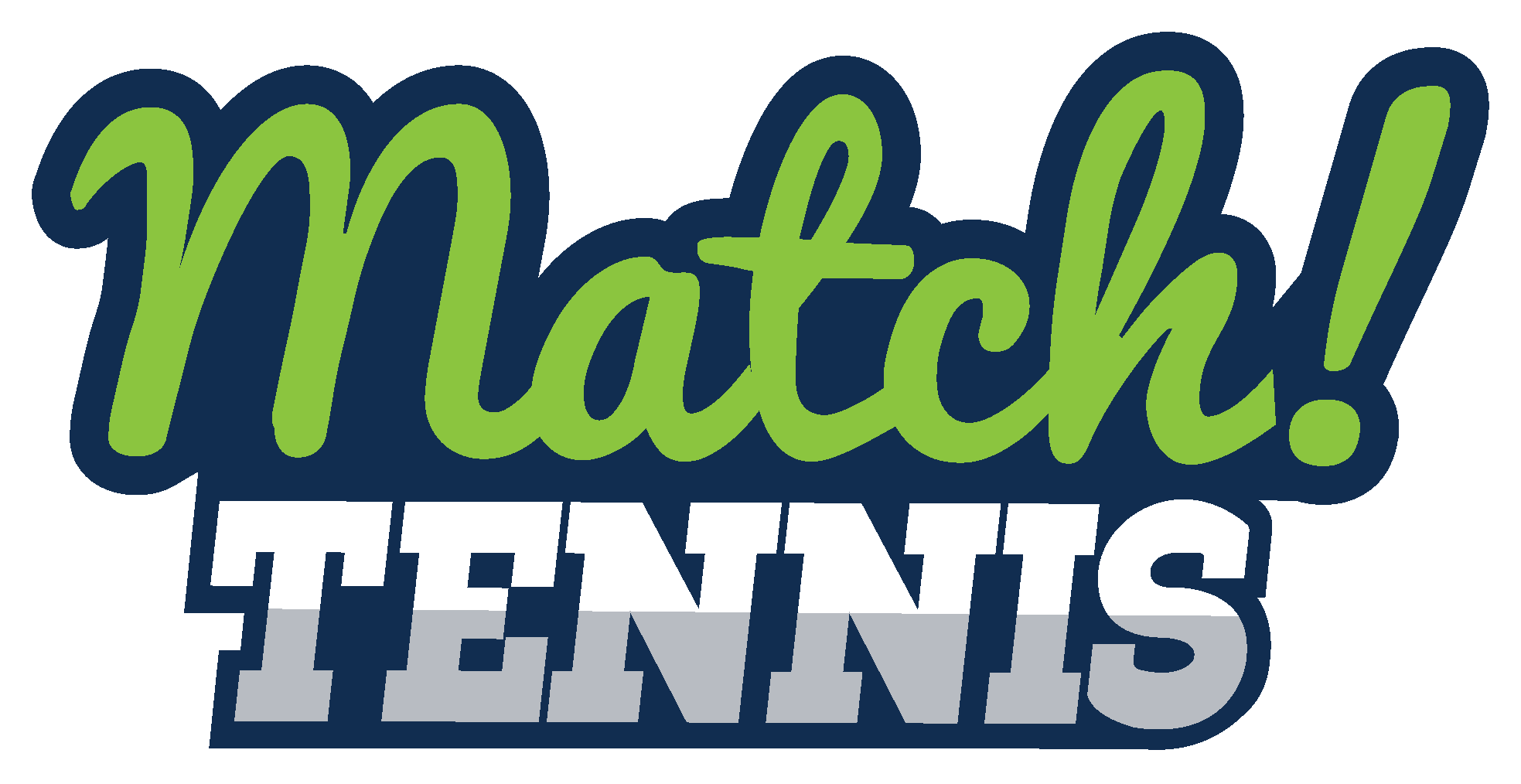Exploring Factors Affecting UTR Ratings
UTR Ratings, which reflect a player’s skill level in tennis, may not always go up with the addition of a few new results. This can be attributed to various factors that influence the calculation of UTR Ratings. In this article, we will explore these factors and understand why the addition of new results might not immediately impact a player’s UTR Rating.
Factors Affecting UTR Ratings:
- Opponent Ratings: A player’s UTR Rating is calculated based on the current ratings of their recent opponents. If the ratings of the opponents decline, it can have a negative effect on the player’s own rating.
- Removal of Older Results: Older results may fall off the equation as new matches are added. If these older results were better than the new ones being added, their removal from the equation can affect the overall rating.
- Time Degradation: As matches get older, they receive less weight in the rating calculation. The algorithm prioritizes recent performance, and as a result, the impact of older matches diminishes over time.
- Weight Distribution: UTR Ratings are based on a player’s last 30 eligible matches. The weight of each individual match is distributed among these 30 matches. Therefore, the addition of a few new matches may not drastically alter the overall rating, especially if the player already has a substantial match history.
Understanding UTR Rating Calculation:
The UTR Rating algorithm takes into account these factors to provide a comprehensive and accurate representation of a player’s skill level. While the addition of new results is important, it is necessary to consider the influence of other factors as well.
Strategies to Improve UTR Rating:
- Consistent Performance: Continually performing well in matches, regardless of the opponents’ ratings, can positively impact the UTR Rating. Winning more games than expected against both higher- and lower-rated opponents can contribute to rating improvement.
- Active Participation: Playing matches frequently against a variety of opponents helps to reflect the player’s current form and improves the accuracy of the UTR Rating.
- Patience: As UTR Rating is a rolling weighted average, the effect of new results may be slightly delayed. It is important to be patient and allow the rating to reflect recent outcomes over time.
By considering these strategies and understanding the factors affecting UTR Ratings, players can work towards improving their ratings and accurately showcasing their skill level.
For more detailed information and support regarding UTR Ratings, you can refer to the official UTR Support Center.
Click here to view more in-depth details from UTR: Source
